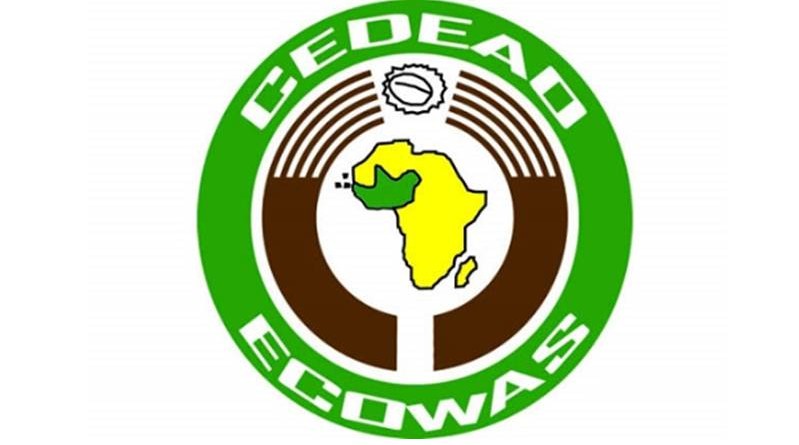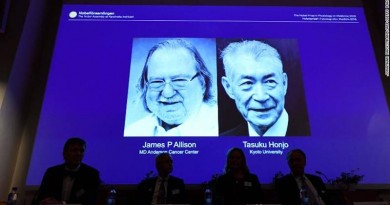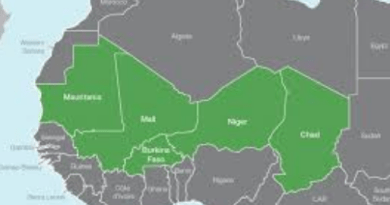Ecowas calls for Social protection for all
“Leave no one behind” is the cornerstone of all social protection programs and a pledge made to combat social injustices, advance inclusion, and guarantee that those who are most in need of assistance have access to it. Additionally, it acknowledges how social protection promotes sustainable development and enhances population well-being in general.
Inaugurating a three-day meeting of ECOWAS Experts on Social Protection Framework and Operational plan, which started on Tuesday, November 21, 2023, in Banjul, The Gambia, Prof. Fatou SOW SARR, ECOWAS Commissioner for Human Development and Social Affair, stated that social protection is a key driver in achieving the ECOWAS vision 2050, which aligns with the five pillars of the ECOWAS Community Strategic Framework: Peace, Security & Stability, Governance, Sustainable Development, and Social Inclusion.
The ECOWAS Social Protection Framework and Operational Plan is a guide for Member States in the development and implementation of comprehensive social protection systems, including inclusive national social protection floors. This was highlighted in the Commissioner of Human Development and Social Affairs’ opening speech, which was given by Dr. Sintiki Tarfa Ugbe, Director of Humanitarian and Social Affairs.
She pointed out that while there may be many obstacles that seem insurmountable, she thinks that the Social Protection Coverage in Africa can be accelerated and reach 40% of the population with the right kind of political will, development partners’ technical expertise, and support through a regional strategy.
The meeting’s chair, Dr. Abdulaziz S.K. Danladi, who represented Nigeria, stressed the need of considering social protection as an essential part of sustainable development, which is crucial for lowering poverty, advancing social justice, and increasing human dignity.
He emphasized the significance of creating an ECOWAS Social Protection Framework and Operational Plan, which will draw on the most recent research, international best practices, and the experiences of ECOWAS Member States to produce an extensive and useful manual for social protection. This will enable policymakers, practitioners, and researchers to design and implement social protection programs unique to the ECOWAS region.
Mariavittoria Ballotta, the UNICEF Representative in The Gambia, and Bintia Stephen-Tchicaya, the FAO Senior Policy Officer of the sub-regional Office for West Africa, made a commitment that during the implementation phase, FAO will continue to support member states with technical assistance to scale up and enhance social protection in order to increase productivity. Additionally, FAO will support small-scale producers in better risk management for a transformation of the agrifood systems that is MORE efficient, inclusive, resilient, and sustainable, resulting in improved production, nutrition, environment, and quality of life for all.
Lefhoko Kesamang, a representative of H.E. Amb Cessouma Minata Samate, the African Union Commissioner for Health, Humanitarian Affairs, and Social Development, commended ECOWAS for the historic accomplishment of developing the ECOWAS Social Protection Framework and Operational Plan in accordance with the African Charter on Human and Peoples’ Rights on the Rights of Citizens to Social Protection and Social Security. He emphasized the value of the social protection framework as a long-term investment and a pillar of resilience, which is built on tactics designed to protect marginalized groups from hunger, poverty, and other forms of adversity.
In his introductory remarks, H.E. Muhammad B.S. Jallow, the Vice President of the Republic of The Gambia, conveyed the Government’s sincere gratitude to the ECOWAS Commission for putting Banjul forward as the host of this momentous gathering. He underlined how crucial it is to have a unified and consistent structure that complies with ECOWAS regulations. H.E. emphasized the ECOWAS member nations’ adherence to the African Charter on Human and Peoples’ Rights and the Universal Declaration of Human Rights, especially with regard to the right to social security.
He went on to emphasize The Gambia’s efforts to carry out social protection programs and fulfill its international obligations. The aim of The Gambia’s National Social Protection Policy (2015–2025) is to create an all-encompassing, integrated, and inclusive social protection system by 2035. The goal of this system is to protect the lives of all disadvantaged and vulnerable groups by offering preventive and transformative interventions. Contributing to inclusive growth, increased economic productivity, and broader human development is the main goal.
In the recently developed Green Recovery-Focused National Development Plan (2023–2027), which demonstrates the government’s commitment to coordinating social protection measures with environmentally friendly and sustainable development goals, H.E. Jallow reaffirmed the significance of social protection as a top strategic priority.
The ECOWAS Social Protection Framework and Operation Plan will be finalized over the course of the next three days by representatives of Member states, the ECOWAS Commission, civil societies, development partners, and stakeholders in social protection. The framework and plan will be presented to ministers on Friday, November 24, 2023, for their approval and adoption. The Food and Agriculture Organization (FAO) and the ECOWAS Commission’s Directorate of Humanitarian and Social Affairs collaborated to organize the gathering.




